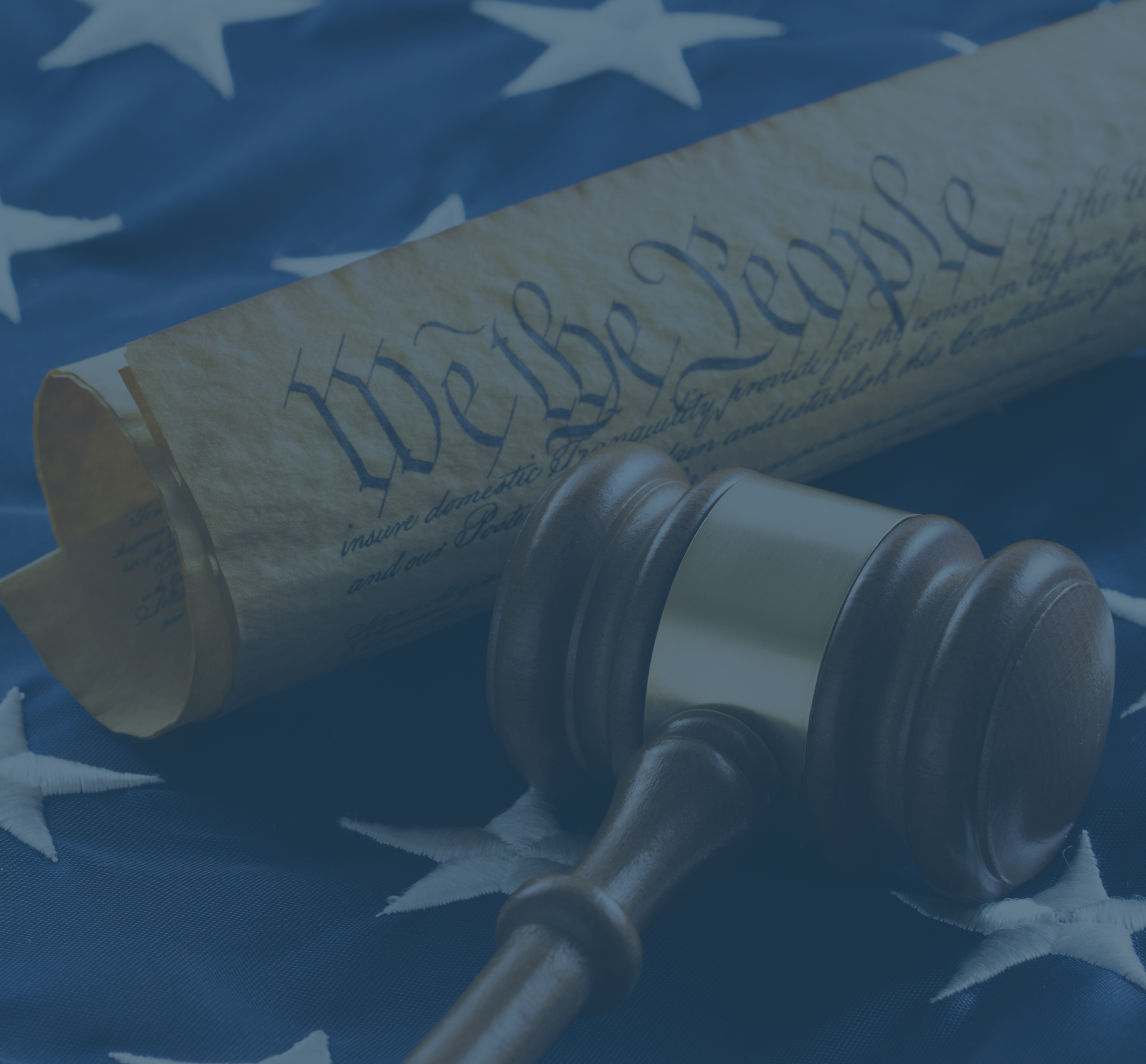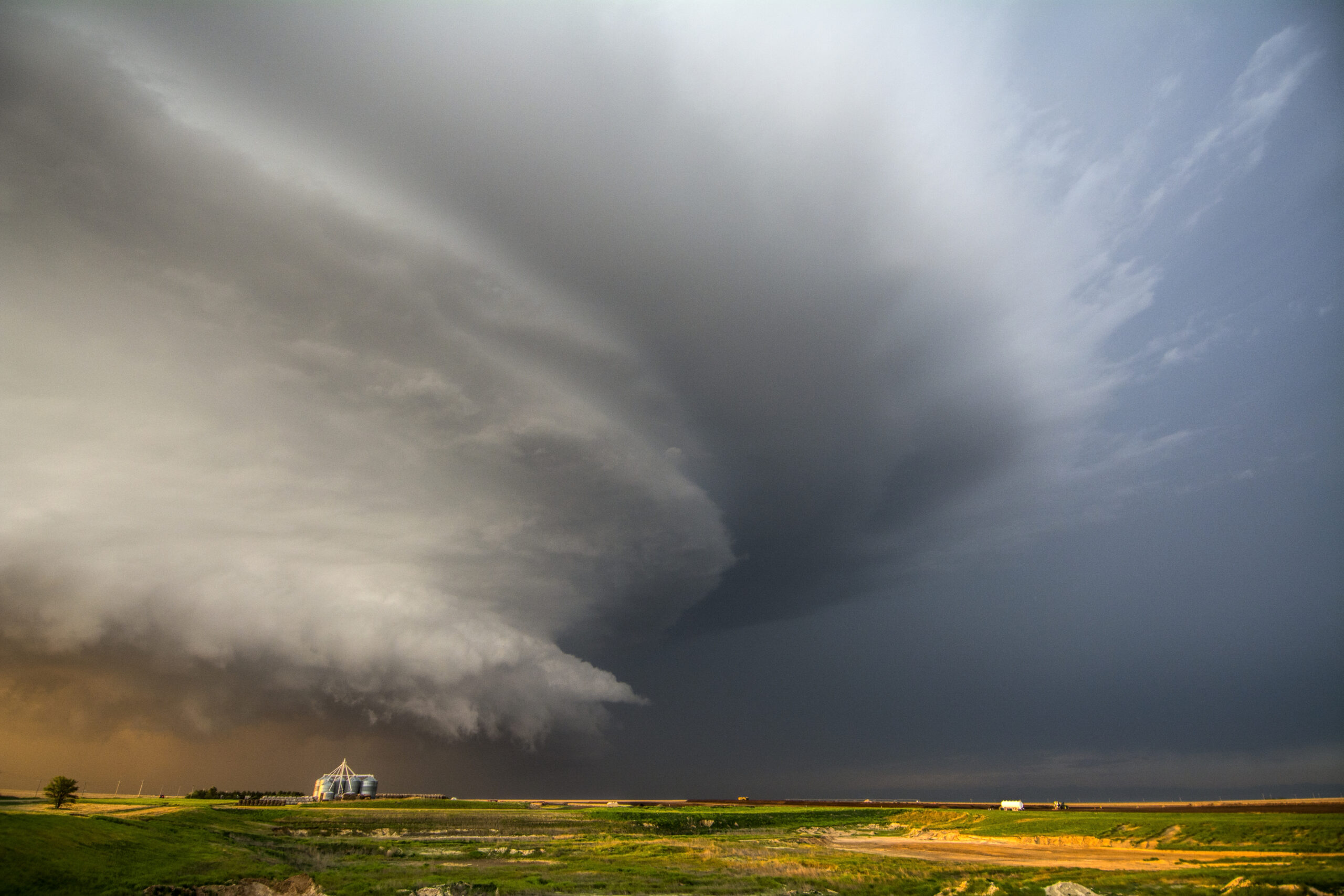Restoration Industry Members Speak Out Against The Notorious Four-Letter Word ‘UPPA’ Impeding First Amendment Rights
Most professionals in our industry have heard of, somewhat understand, and generally disagree with the four-letter acronym, UPPA, or the “Unlicensed Practice of Public Adjusting.” The majority of states have adopted this into their insurance code which prohibits contractors that are not licensed as public adjusters from making any statement with the function or purpose of ‘negotiating’ or ‘effecting’ the settlement of an insurance claim, or merely ‘advertis[ing]’ or ‘solicit[ing]’ the ability to do so.
Recently, Stonewater Roofing found some success in court challenging the Texas Department of Insurance and the Texas Insurance Code, Chapter 4102.001(3)(B), which states:
(3) “Public insurance adjuster” means: (B) a person who advertises, solicits business, or holds himself or herself out to the public as an adjuster of claims for loss or damage under any policy of insurance covering real or personal property.
Stonewater’s website makes reference to being, [a] ‘Trusted Roofing and Insurance Specialist’ -and- ‘The Leader In Insurance Claim Approval,’ none of which suggest they are advertising as an ‘adjuster’. Much like case 4:21-cv-00246-MW-MAF in Florida that challenged and ruled against SB 76, the Texas Appellate court sided with Stonewater in regards to their written advertising.
The current ruling shines light on a big question, do UPPA laws go against first amendment speech? Which, to be fair, is not a new topic of discussion for the industry. Although this ruling is not yet final it could have a substantial impact. We will be keeping our eyes and ears open for what happens next.







